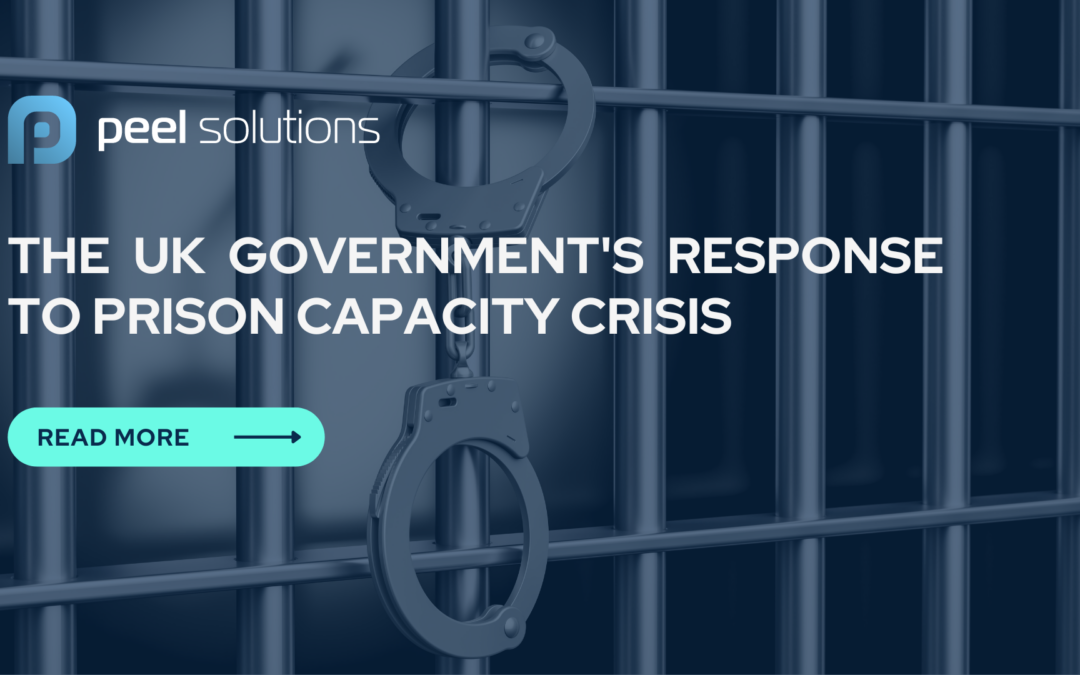Overview of Operation Early Dawn
Operation Early Dawn is a pre-existing contingency plan designed to manage overflow in the UK’s prison system. This plan allows the courts to temporarily hold offenders in police station cells when traditional prison cells are unavailable. The UK government activated this plan on Monday morning in response to a severe strain on prison capacity.
The activation of Operation Early Dawn highlights the urgency of the situation, as recent violent unrest across the country has exacerbated the issue. By utilising police station cells, the government aims to alleviate immediate pressures on the overburdened prison system while seeking longer-term solutions.
The Root Causes of the Prison Capacity Crisis
Several root causes have contributed to the current prison capacity crisis in the UK. One major factor is the recent increase in violent unrest and criminal activity, which has led to a surge in arrests and convictions. Additionally, systemic issues such as overcrowding, underfunding, and inadequate infrastructure have long plagued the UK’s prison system, making it ill-equipped to handle sudden spikes in inmate populations.
Furthermore, policies that emphasise punitive measures over rehabilitation have resulted in higher incarceration rates. The combination of these factors has created a perfect storm, pushing the prison system to its breaking point and necessitating emergency measures like Operation Early Dawn.
Immediate Effects of Implementing Operation Early Dawn
The immediate implementation of Operation Early Dawn has several effects on the criminal justice system and the community at large. On the positive side, it provides a temporary solution to the overcrowding crisis, ensuring that offenders are securely detained while awaiting transfer to prison facilities.
However, this measure also places additional strain on police resources, as officers must now manage and secure detainees in police station cells. This diversion of resources could impact other policing activities and community safety. Additionally, the conditions in police cells may not be suitable for long-term detention, raising concerns about the welfare and rights of the detainees.
Comparative Analysis: Temporary Solutions in Other Countries
Temporary solutions to prison overcrowding are not unique to the UK; other countries have also faced similar challenges and implemented various strategies. For example, the United States has used temporary facilities such as tent cities and converted warehouses to house overflow inmates. In some European countries, electronic monitoring and community service programs have been expanded as alternatives to incarceration.
These international examples provide valuable lessons on the efficacy and potential pitfalls of temporary solutions. While such measures can offer immediate relief, they often underscore the need for comprehensive, long-term reforms to address the root causes of prison overcrowding and improve overall criminal justice systems.
Future Implications and Possible Solutions for the UK’s Prison System
The activation of Operation Early Dawn underscores the urgent need for systemic reforms within the UK’s prison system. In the short term, increasing funding for prison infrastructure and expanding capacity are critical steps. However, long-term solutions should focus on reducing incarceration rates through policy changes that emphasise rehabilitation, diversion programs, and alternative sentencing.
Innovative approaches such as restorative justice, mental health support, and substance abuse treatment programs can also play a significant role in reducing recidivism and easing the burden on the prison system. By addressing both the immediate crisis and the underlying issues, the UK can work towards a more sustainable and effective criminal justice system.


